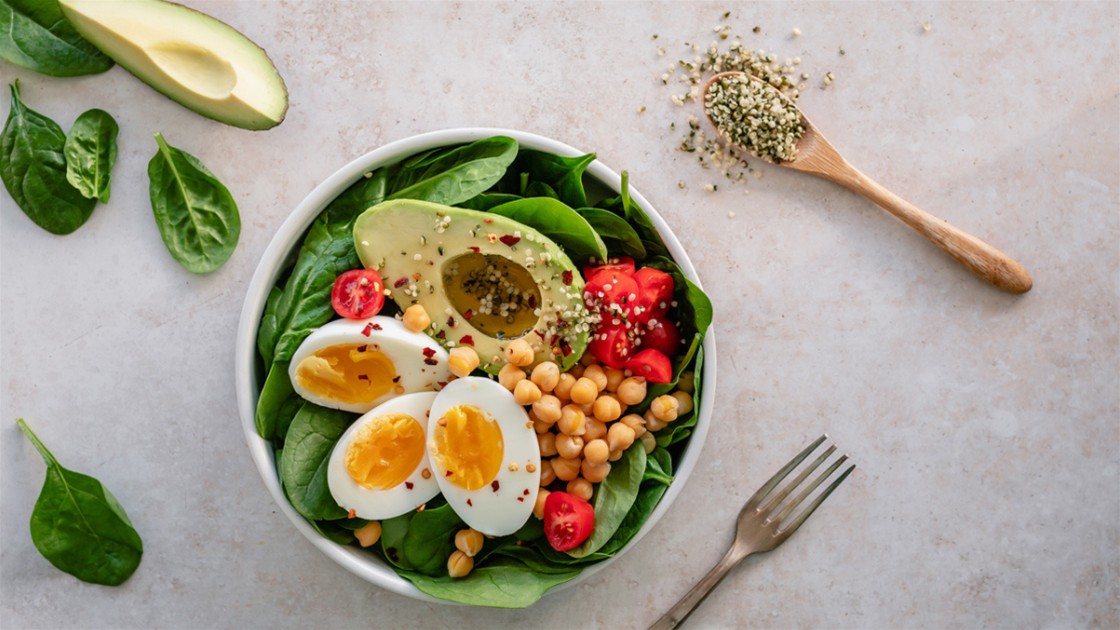You may have noticed an explosion of hemp-based foods on supermarket shelves. Hemp was legalised for consumption about six years ago and, yes, it comes from the cannabis plant just like marijuana, but it contains little or no trace of the ingredient that’ll make you high. Why is it getting so much attention? Accredited practising dietitian Brooke Delfino explains.
The Big Health Benefits
Like other seeds, hemp seeds are rich in healthy fats that are good for your heart and brain. They contain special types of fat, called omega-6 and omega-3, which have been shown to help reduce inflammation and look after your ticker. Plus, they have the added benefit of hunger-busting protein and gut-friendly fibre.
An Omega-3 Powerhouse
Usually, we find omega-3 fats in oily fish, such as salmon and sardines, but it’s harder to come across in plant-based foods. This is what makes hemp really useful for vegetarian or vegan diets, or if you don’t like seafood. Just two to three tablespoons of hemp seeds scattered over your muesli or salad provide more than 100 percent of the recommended daily intake of omega-3 fats. Hemp seeds contain more protein than other seeds, but linseed (flaxseed) has the upper hand when we’re talking omega-3s.
Perfect For Vegetarians
Hemp seeds are about 30 per cent plant protein and contain the full suite of essential amino acids, making them a healthy addition to vegan or vegetarian diets. But keep in mind they can be pricey, so think of them as just one way to boost your intake of protein and good fats, along with other nuts and seeds, such as walnuts, almonds, flaxseeds and chia seeds.



.jpg&h=90&w=90&c=1&s=1)






